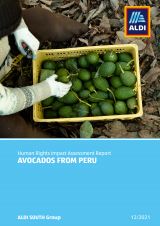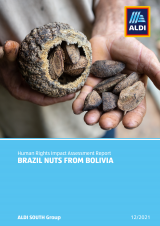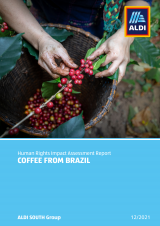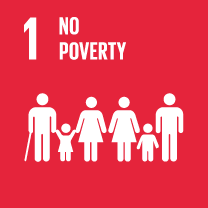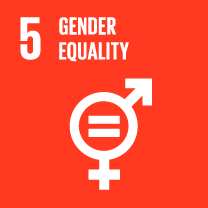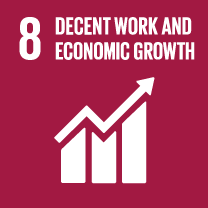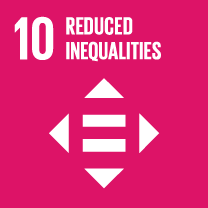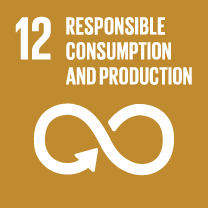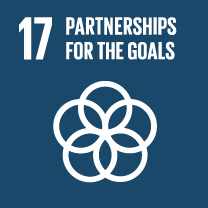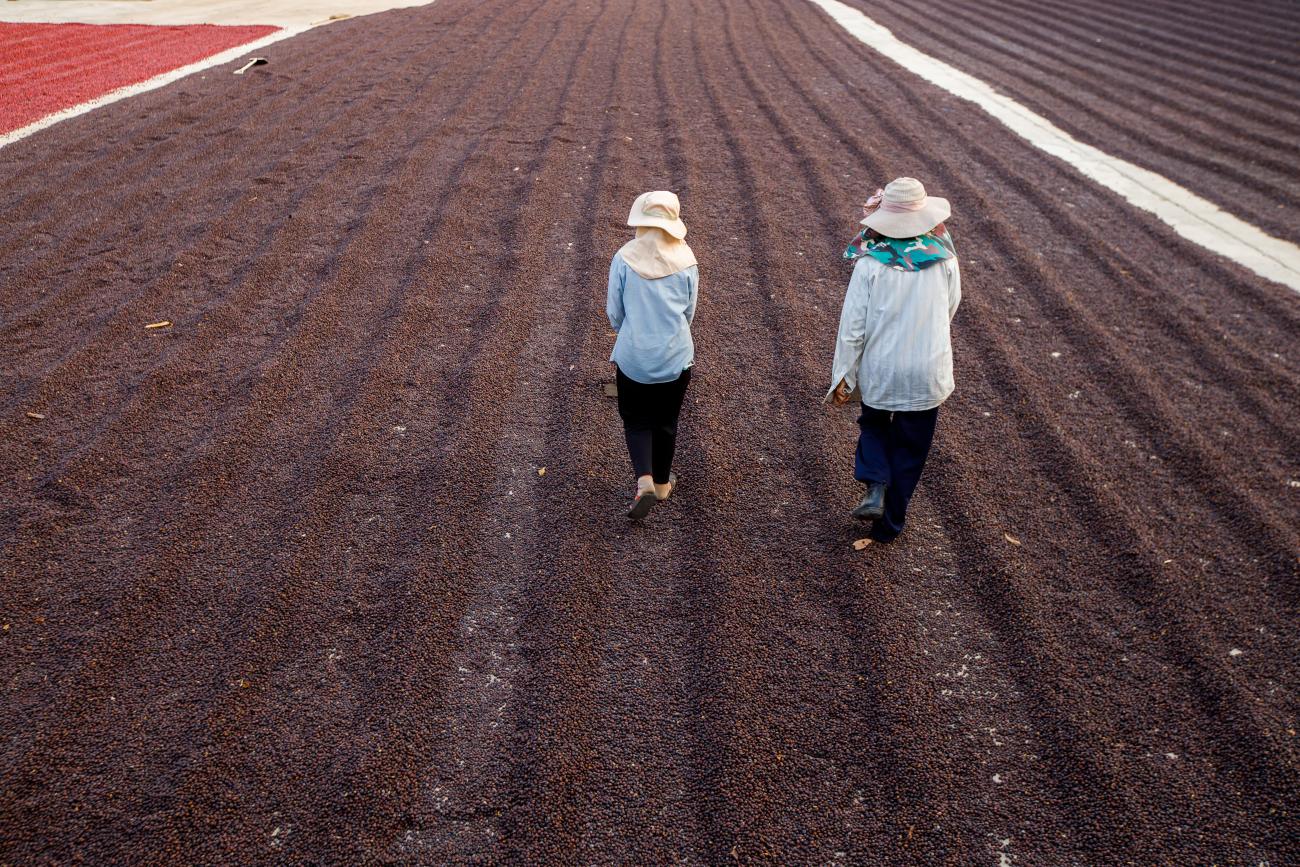
Increasing transparency: the importance of Human Rights Impact Assessments
Taking a strong stance on human rights is an integral part of ALDI’s Corporate Responsibility commitment. Our International Policy Statement provides the framework through which we want to ensure that human rights are being respected across all our business activities and our supply chains. The publication of our first three Human Rights Impact Assessments (HRIAs) for Avocados, Brazil nuts and Coffee, represents an important step in bringing ALDI’s Vision 2030 for the focus area of “Human Rights” to life.
In a world of global supply chains, human rights violations are a problem affecting every economy, industry, and sector. ALDI‘s well established systems of risk analyses, audits, and supplier assessments help us to identify the actual and potential risks in our food and non-food supply chains. However, we know that some supply chains require a much deeper understanding, so that we are able to effectively prevent, mitigate, and remedy potential and actual negative impacts on human rights. HRIAs are a major building block on this journey towards greater supply chain transparency.

